Candontal Tablets for Cats: Complete Guide to Safe and Effective Infection Treatment
Cats are known for their grooming habits and independence, but like all living creatures, they are prone to infections—especially in the mouth, skin, and gastrointestinal tract. One of the most effective veterinary solutions for treating such infections is Candontal Tablets. Together, they create a synergistic treatment against a wide range of infections—particularly dental, periodontal, and soft tissue conditions.
What Are Candontal Tablets?
Candontal Tablets are a dual-action veterinary medication containing:
- Spiramycin: A macrolide antibiotic effective against Gram-positive bacteria and some Gram-negative strains.
- Metronidazole: An anti-inflammatory and antimicrobial agent targeting anaerobic bacteria and protozoa.
This combination makes Candontal especially effective in oral, dental, and periodontal infections, as well as certain gastrointestinal and skin infections in cats.
How Do Candontal Tablets Work?
Spiramycin
It is especially effective against Gram-positive organisms and bacteria involved in dental plaque and periodontal disease.
Metronidazole
Metronidazole has multiple actions:
- Kills anaerobic bacteria by disrupting DNA synthesis.
- Also effective against protozoal parasites, like Giardia.
Together, these agents create a synergistic effect: fighting infections, reducing inflammation, and promoting faster healing.
Indications: When Are Candontal Tablets Prescribed for Cats?
Candontal Tablets are commonly prescribed for:
1. Dental and Periodontal Infections
- Gingivitis (gum inflammation)
- Stomatitis (mouth lining inflammation)
- Periodontitis (advanced gum disease)
- Tooth root abscesses
- Post-dental surgery infection prevention
2. Oral Cavity Infections
- Bad breath caused by bacterial overgrowth
- Ulcers in the mouth due to bacteria or secondary infection
- Feline chronic gingivostomatitis (FCGS)
3. Soft Tissue Infections
- Skin infections
- Post-surgical wound care
- Bite wounds and abscesses caused by anaerobic bacteria
4. Gastrointestinal Infections
- Diarrhea caused by Clostridium or protozoa
- Inflammatory bowel diseases (as supportive care)
- Giardia-related enteritis
Note: Always use under veterinary guidance, especially if symptoms involve systemic illness, high fever, or multi-drug resistance.
Benefits of Using Candontal Tablets for Cats
- Dual-action (antibiotic + anti-inflammatory)
- Effective against both aerobic and anaerobic bacteria
- Helps manage pain and swelling in infected tissues
- Also acts against protozoal infections
- Generally well-tolerated with minimal side effects
Recommended Dosage and Usage Instructions for Candontal in Cats
This medication contains Spiramycin (an antibiotic) and Metronidazole (an anti-inflammatory and antiprotozoal), which work together to combat bacterial and anaerobic infections commonly affecting the oral cavity, gastrointestinal tract, skin, and soft tissues.
Recommended Dosage
The typical veterinary dosage guideline is:
This is usually administered in two divided doses (every 12 hours)
| Cat’s Weight (kg) | Tablet Dosage | Frequency | Duration |
| 2–3 kg | ½ tablet | Twice daily | 5–10 days |
| 3–5 kg | 1 tablet | Twice daily | 5–10 days |
| 5–7 kg | 1½ tablets | Twice daily | As directed by vet |
Always follow your veterinarian’s exact dosage instructions. Do not self-prescribe or adjust the dose on your own.
How to Administer Candontal Tablets
- Oral Administration Only: Candontal is meant to be given by mouth, either directly or hidden in a treat or food.
- With or Without Food: The tablet can be given on an empty stomach but may be better tolerated with food to avoid gastrointestinal upset.
- Crushing the Tablet: If needed, the tablet can be crushed and mixed with a small portion of tasty wet food to ease administration.
- Use a Pill Dispenser: For finicky cats, a pill popper or tablet shooter may make the process easier and safer.
Duration of Treatment
- Your vet may extend therapy for chronic or deep-tissue infections, such as stomatitis or tooth root abscesses.
- Always complete the full course even if symptoms improve early to avoid relapse or resistance.
Practical Tips for Cat Owners
- Keep fresh water available at all times.
- Monitor for signs of improvement or adverse effects.
- Use a medication tracker to stay on schedule, especially in multi-cat households.
Important Reminders
- Do not discontinue treatment prematurely without veterinary approval.
- If vomiting occurs within 30 minutes of administration, consult your vet—it may need to be re-dosed.
- Report any neurological symptoms (tremors, confusion) immediately.
Precautionary Measures, Use Limitations, and Side Effects of Candontal in Felines
However, like any medication, they should be administered responsibly to ensure safety and minimize risks.
Safety Precautions
- Veterinary Supervision is Essential: Always use Candontal Tablets under the guidance of a qualified veterinarian.
- Monitor for Adverse Reactions: During treatment, observe your cat for unusual behavior, digestive upset, or neurological symptoms.
- Avoid Long-Term Use Without Vet Advice: Prolonged or unsupervised use may lead to resistance, gut flora imbalance, or liver strain.
- Use with Caution in Liver Disorders: Since Metronidazole is metabolized in the liver, dosage adjustment may be necessary for cats with liver issues.
- Complete the Full Course: Do not stop treatment early, even if symptoms improve, unless advised by your vet.
Contraindications
Candontal Tablets should be avoided in the following situations:
- Known Hypersensitivity or Allergy: If your cat has previously shown allergic reactions to macrolides (like Spiramycin) or nitroimidazoles (like Metronidazole), avoid use.
- Pregnant or Lactating Cats: Use only if clearly needed and prescribed by a veterinarian.
- Kittens Under 8 Weeks: Not typically recommended due to underdeveloped liver function unless deemed necessary by a vet.
- Severe Liver Dysfunction: May require dose modification or alternative therapy.
- Concurrent Alcohol-Based Medications: Metronidazole may interact adversely with alcohol-containing drugs or disinfectants.
Side Effects
While Candontal is generally well-tolerated, some cats may experience side effects, especially if sensitive to one of the active ingredients.
Drooling (especially if tablet taste is unpleasant)
- Nausea or vomiting
- Diarrhea or soft stool
- Temporary loss of appetite
- Lethargy
Less Common but Serious Side Effects:
- Tremors or seizures (rare, often due to high doses or prolonged use of Metronidazole)
- Disorientation or imbalance (neurological signs)
- Allergic reactions (swelling, rash, difficulty breathing)
- Seizures or twitching
- Sudden behavior changes
- Signs of vision problems
- Persistent vomiting or bloody diarrhea
- Facial swelling or hives
Veterinary Studies and Professional Recommendations
Scientific Basis for the Candontal Combination
Candontal Tablets contain two well-established active ingredients:
- Metronidazole, a nitroimidazole compound known for its anti-anaerobic and anti-protozoal effects, as well as its anti-inflammatory benefits in the gastrointestinal tract and oral tissues.
This synergistic combination has been extensively studied and widely used in veterinary dental medicine, internal medicine, and soft tissue infection management.
Key Veterinary Studies and Literature Support
1. Periodontal Disease Management in Cats
Findings:
- 85% of treated cats showed significant improvement in gingival inflammation, halitosis, and discomfort within 7 days.
- The antibiotic also reduced the microbial biofilm typically responsible for advanced gingivitis and tooth root abscesses.
2. Efficacy in Stomatitis and Oral Ulceration
Veterinary dentists have reported improved healing rates and reduced recurrence in feline chronic gingivostomatitis (FCGS) when Candontal is used as an adjunct to dental cleaning and extractions.
In clinical settings, inflammation reduction and improved appetite were seen as early as Day 3.
3. Soft Tissue and Skin Infections
A 2021 multicenter study involving general practitioners and feline specialists highlighted the benefits of Spiramycin-Metronidazole treatment for skin wounds, post-surgical infections, and bite-related abscesses in cats.
Result: Faster wound contraction, less discharge, and reduced use of corticosteroids for inflammation management.
Veterinarian-Endorsed Use Cases
Veterinary professionals across small animal practices endorse Candontal Tablets for:
- Routine dental infections where cleaning or surgery may be delayed
- Post-extraction antibiotic cover to prevent infection recurrence
- Management of recurring oral inflammation without resorting to steroids immediately
- Gastrointestinal infections involving anaerobes, such as Clostridium and Giardia
- Secondary infections from wounds, scratches, or bites
Candontal is also valued in feline patients who:
- Cannot tolerate tetracyclines or fluoroquinolones
- Have coexisting inflammatory oral conditions and need both antimicrobial and anti-inflammatory care
- Require short-term targeted therapy with minimal systemic impact
Global Veterinary Use
- Featured in several continuing education modules for veterinarians managing feline oral disease
- Recognized by veterinary formulary guidelines for its effectiveness in mixed bacterial infections
Why Vets Recommend Candontal
- Anti-inflammatory benefits from Metronidazole make it suitable for chronic inflammation cases
- Minimal gastrointestinal side effects when administered correctly
- Short course of treatment (typically 5–10 days) is usually sufficient
Owner Tips for Successful Treatment
- Use tooth-friendly treats or flavored pill pockets for stress-free dosing.
- Combine with dental home care (brushing, chlorhexidine rinses) for best results.
- Watch for signs of relapse after stopping the medication—some dental infections may require extended care.
Conclusion
Candontal Tablets for Cats offer a powerful and well-balanced solution for managing a wide range of bacterial, protozoal, and inflammatory conditions, particularly those affecting the oral cavity, gastrointestinal system, and soft tissues. With its dual active ingredients—Spiramycin and Metronidazole—Candontal stands out as a veterinarian-trusted medication that not only combats infection but also helps reduce pain and inflammation. Whether your cat is suffering from gingivitis, stomatitis, tooth root abscesses, or skin wounds, Candontal Tablets provide an effective and targeted treatment approach. Their excellent tolerability and ease of administration make them suitable for both short-term infections and long-term management plans under veterinary guidance.







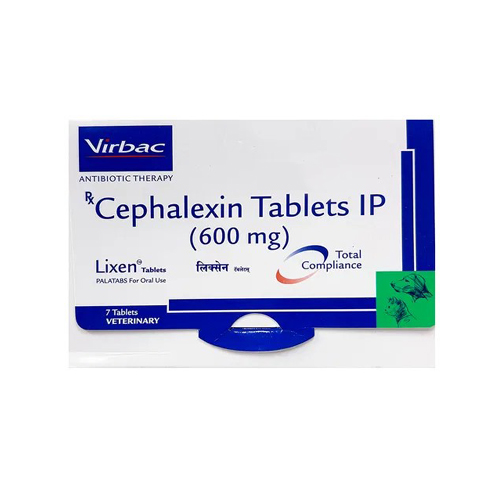
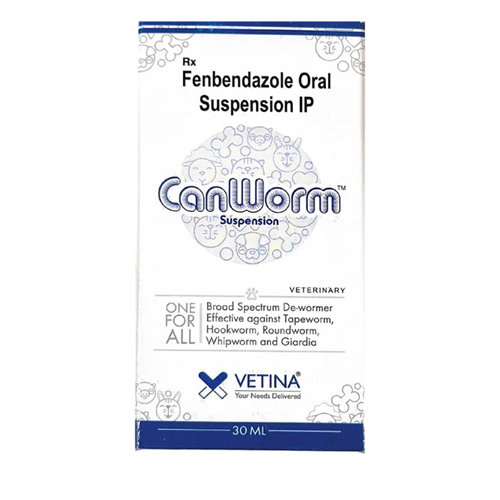




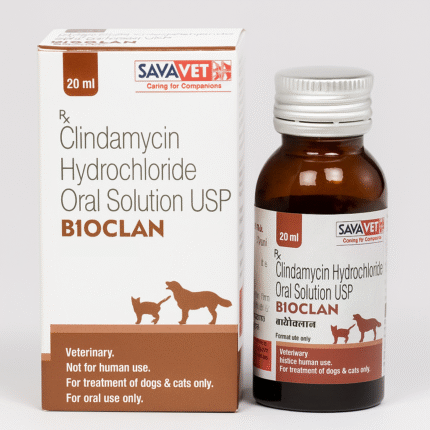
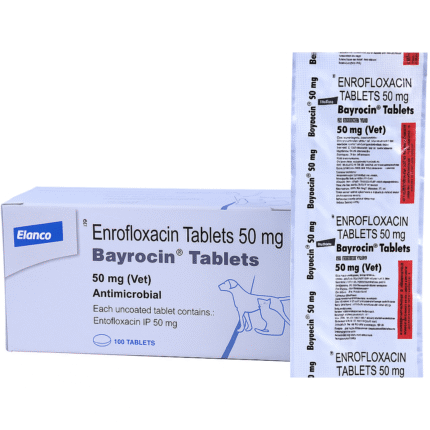
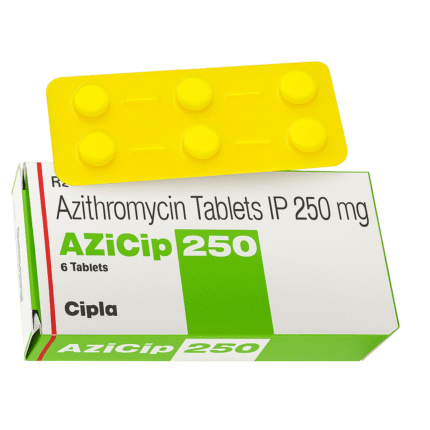
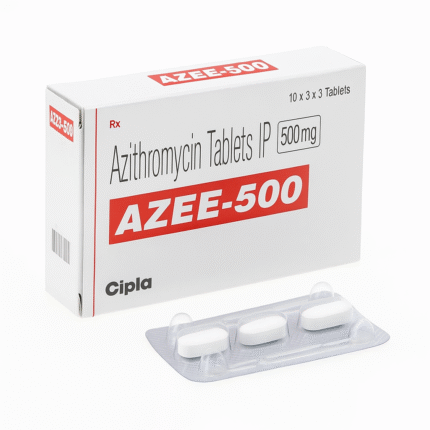
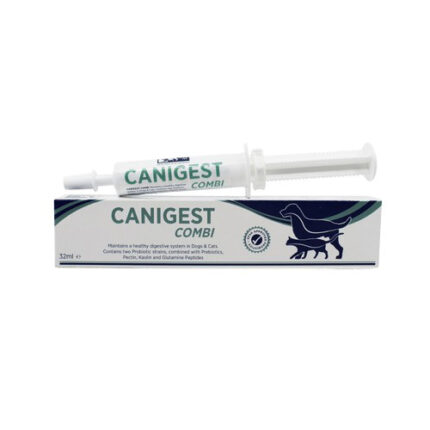
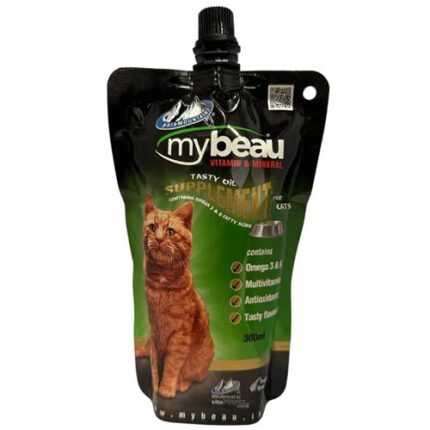
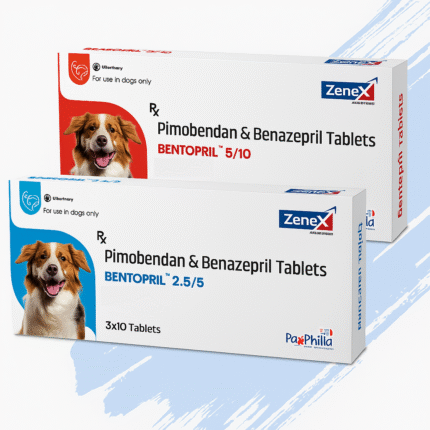
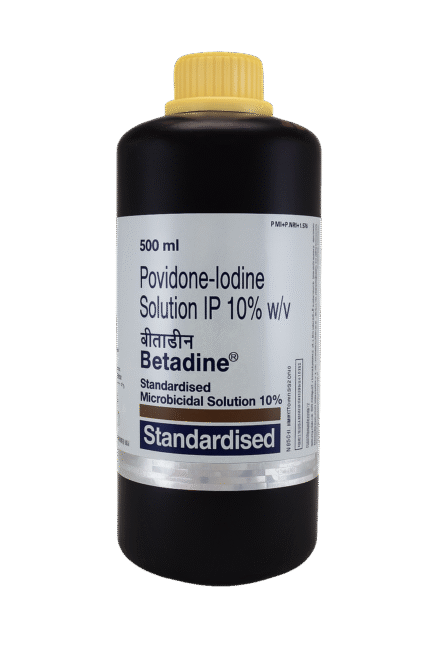
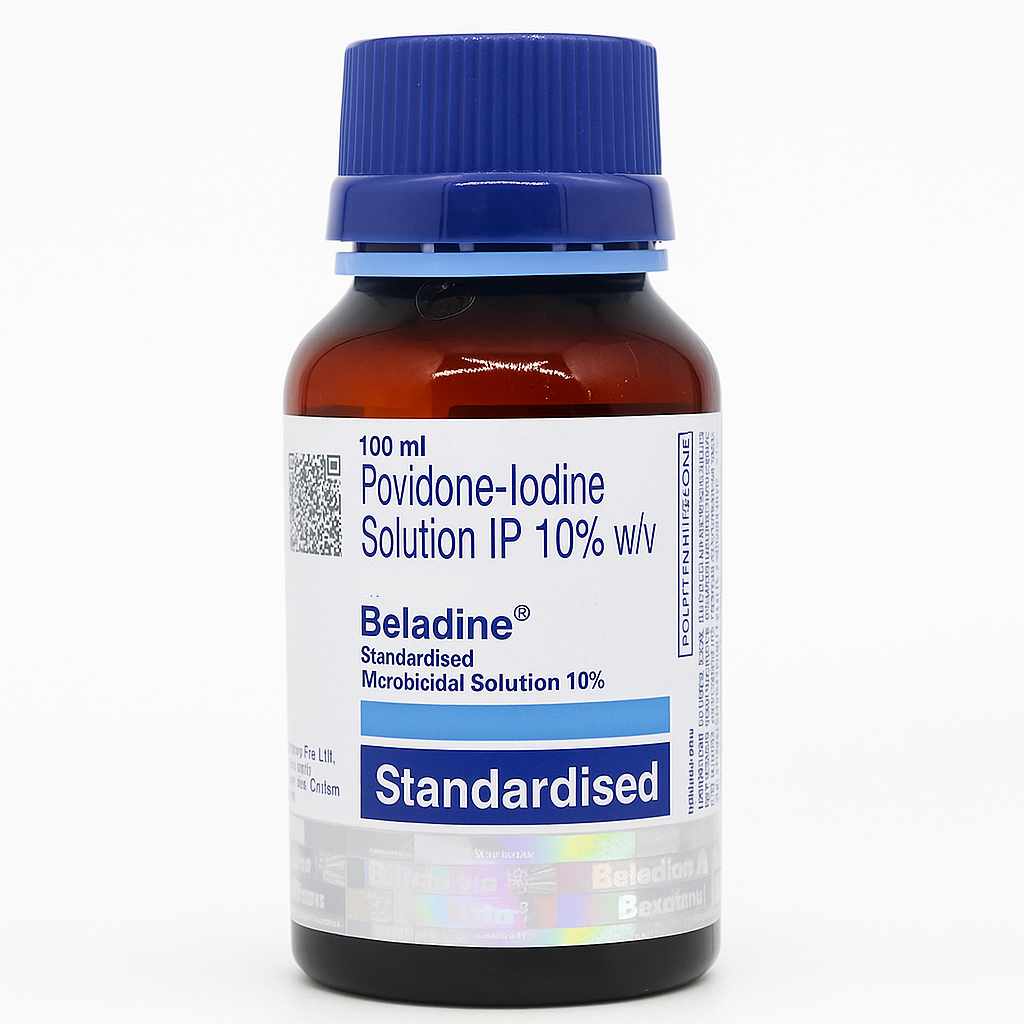

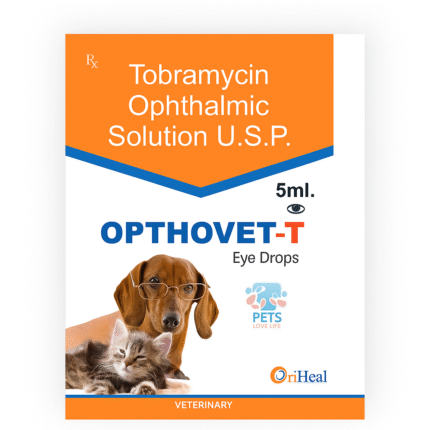
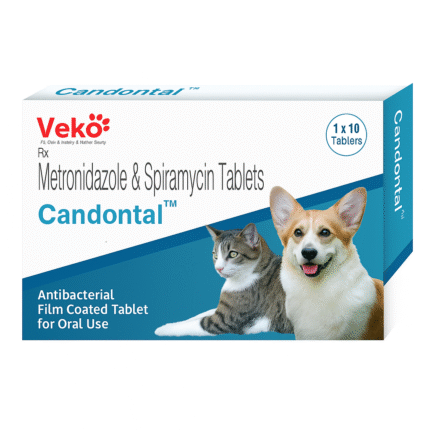
Reviews
There are no reviews yet.